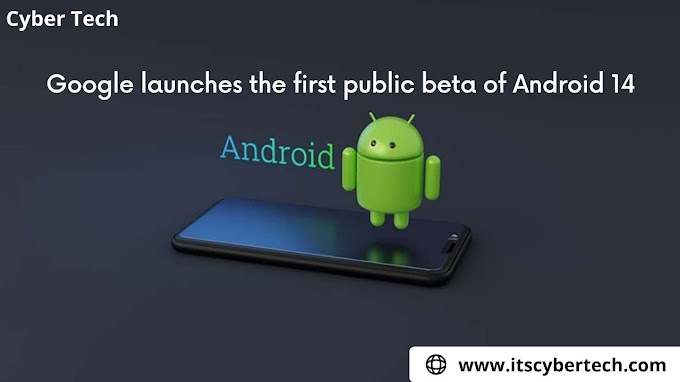ChatGPT, the viral internet AI chatbot, has brought the world of artificial intelligence closer to more than a million people since it launched. With people using it as an alternative to Google searches and investors started seeing a world where generative AI would be taking some significant search traffic away, everybody is keen to know whether ChatGPT AI will be dethroning Google and replace “search” or not. With opinions such as “Google is gone”, “OpenAI just destroyed Google” etc., it seems like a lot of captivated users believe this. Some rumors claim that Google even declared a “Code Red” on this. OpenAI, which makes use of Microsoft’s Azure platform, has a sizable investment from the business that competes with Google, and Microsoft. And this is the topic of the day. Let’s see what ChatGPT AI has to offer and is it really capable enough to replace Google?
All you need to know about ChatGPT AI
The ChatGPT AI is run using OpenAI’s GPT3 huge language model (LLM). GPT4 will include at least 100 trillion neural network parameters with 175 billion that were trained on a big body of text! A language model uses machine learning to predict what the next word in a phrase should be based on the previous installment or prompt. LLMs are the “most potent autocomplete systems in the world.” They devour texts, data, and dialogue samples with a ravenous appetite, learning statistical patterns to order them in a sensible order. They talk to each other in this manner. However, the majority of them aren’t built for “truth,” so they can’t tell if what they’re saying is true. According to one expert, the system “strategizes to be credible instead of true.” Furthermore, neither search engines nor their content is claimed to be understood. Their job is to search the internet and, using an algorithm, pick the search results that seem to be most relevant to you, “probably,” given that a pure search engine would execute that operation. However, in addition to links that have been purchased, sponsored, or manufactured to appear first, the economic models that drive search also include search engine marketing (SEM) and search engine optimization (SEO). Although ChatGPT AI may theoretically be used for search, this version was not made that way. To begin with, because it does not crawl the internet, it is unable to find the information you need online and tell you where it originated from. Second, the body of literature—its knowledge base—on which it was trained expired in 2021. As a result, we could still think that Queen Elizabeth II rules over England or that Russia has never attacked another country. Gary Marcus recently mocked the issue in a tweet, writing, “All you need to do (to make ChatGPT AI operate) is connect it up to a search engine!” However, it is not a given that ChatGPT AI won’t ever do so. A possible update, tentatively named WebGPT, has been mentioned in public by OpenAI co-founder John Schulman.
Read More: WhatsApp Launches This New Feature, Know More Here
Bygones and ongoings: ChatGPT AI
Now, Pichai and his team might sit up in anticipation of a ChatGPT AI -like frontend that operates on the potent GPT4, is supported by Microsoft’s cloud, and is possibly connected to its search engine Bing. This is not to imply that Google is not working on a similar product; Google Brain is a top-tier AI team, and Google owns DeepMind, perhaps the most powerful deep-learning engine available today. In essence, LaMDA, which Google announced last year, can do the same thing as ChatGPT: speak with people about anything and everything. In fact, according to Google developer Blake Lemoine, it was so realistic that it could feel or perceive things. Google also announced that it would provide LaMDA support to its voice assistant, Gmail, Docs, and Drive services.
ChatGPT AI’s wide usage
People have been using ChatGPT AI not just to cheat on homework or figure out the best burger recipe, but also to ask questions they'd usually ask Google. ChatGPT AI still has a long way to go — it does not have direct access to search engines, it confidently gives incorrect information, and it struggles with math. But its ability to understand questions and follow-ups makes it like a version of Ask Jeeves that never stopped improving. In a recent analyst note, Morgan Stanley analyst Brian Nowak pointed out that while Google will face threats from new emerging services like ChatGPT AI, Google still has a stronghold in the space as it has billions of users. Morgan Stanley says the pessimistic case for Google is natural language search models like ChatGPT AI could swipe users that would otherwise use Google to find information. "We are not dismissive of threats from new, unique consumer offerings," wrote Nowak, but says Google is still essentially the entry point for most internet users.
As ChatGPT's potential became clear, some began thinking of what legacy technology companies it could disrupt. One possibility being floated: Google's search engine. Let’s see what happens next. Till then, stay tuned to itscybertech.com for more such insightful content.




